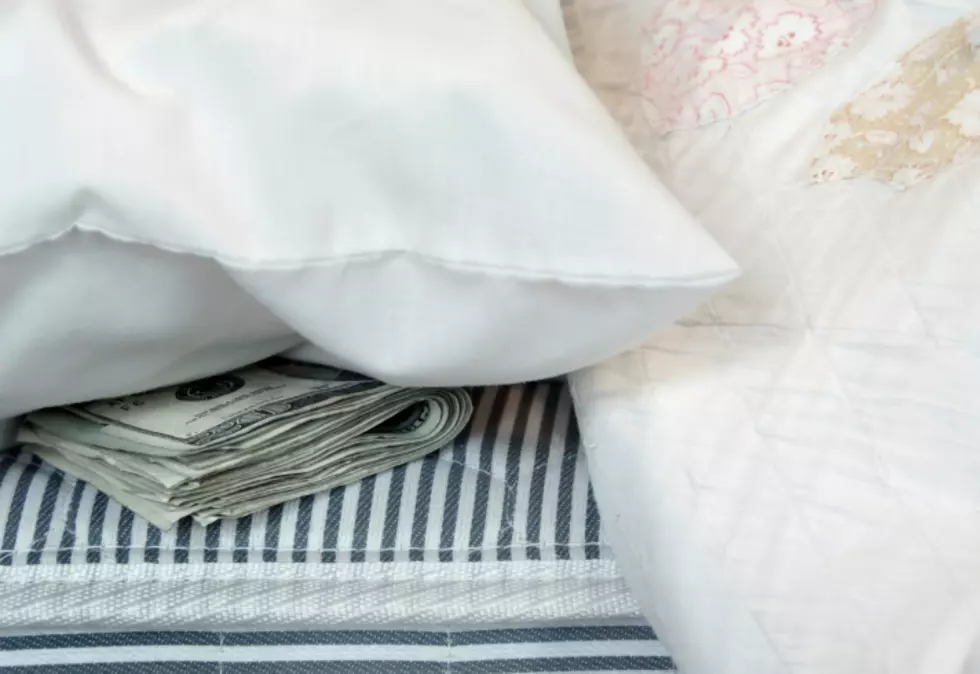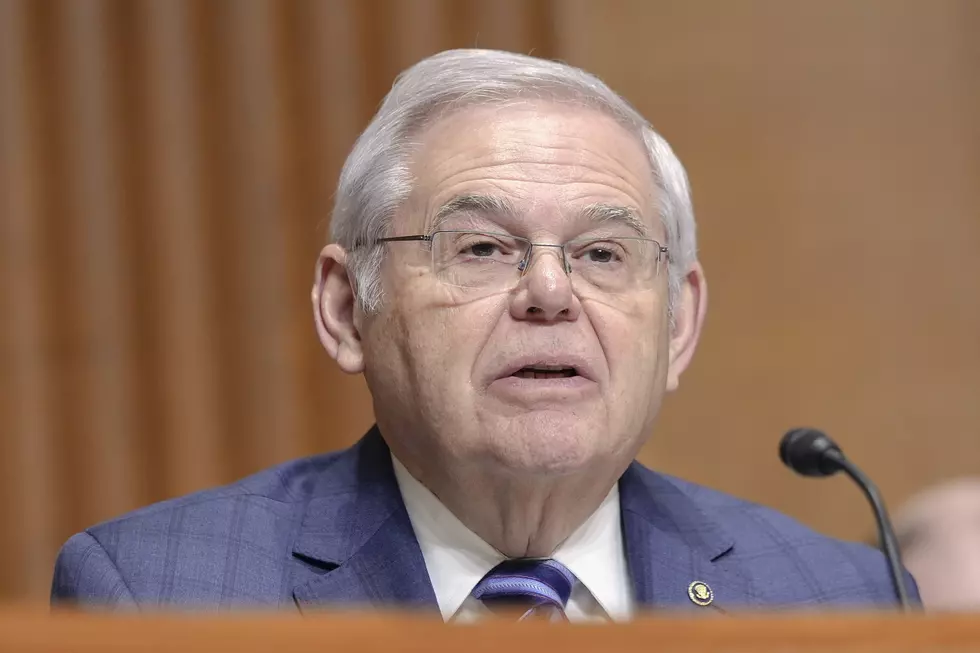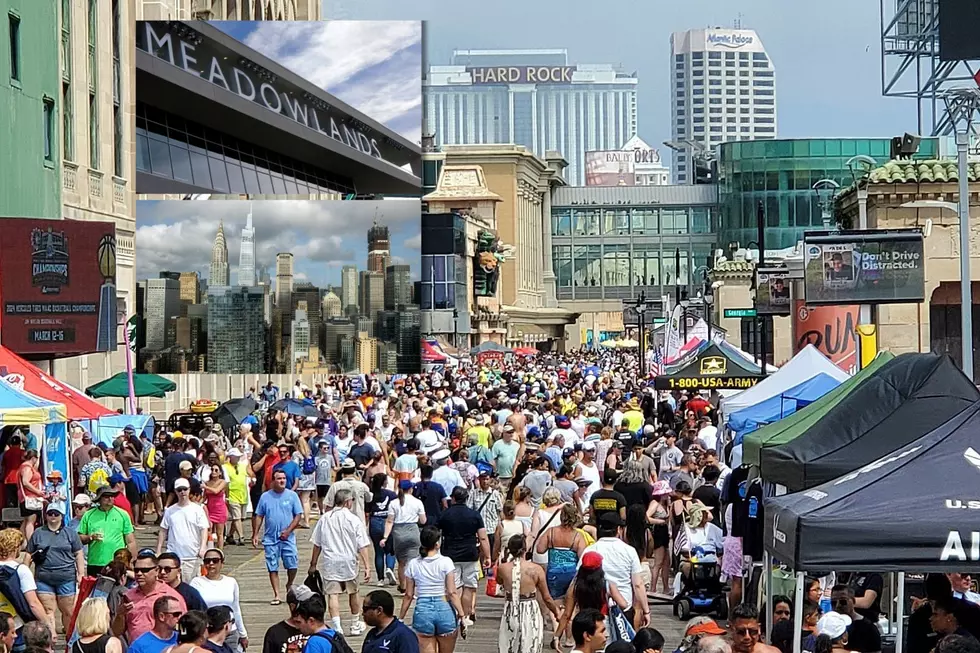
Survey: Most don’t have cash for unexpected expenses
If you had to pay for a $1,000 emergency room visit or a $500 car repair, would you have enough money in savings to pay for it? A new survey by Bankrate.com finds that three in five Americans would not, while only 38 percent would.
Others said they would reduce spending elsewhere, borrow from family or friends or use credit cards.
The survey also found that the ability to use savings for unexpected expenses increases with age, income and education level:
- 44 percent of senior citizens have enough savings to cover unexpected expenses, compared with 33 percent of millennials;
- 62 percent of those with annual household income of $75,000 and above have enough savings to cover unexpected expenses, more than two and a half times the number of people with annual household income under $30,000 who can say that;
- 52 percent of college graduates have enough savings to cover unexpected expenses versus 32 percent of those without a college degree.
A majority of Americans, 82 percent, keep a household budget which is up from 60 percent in 2012.
"Older people who were more established in their careers had more of a savings cushion and that's what you would expect," said Claes Bell, Bankrate.com banking analyst. "I think a lot of people took away some important lessons from the Great Recession about how important it is to keep expenses under control so that they're able to cover a catastrophe should it come up. The improving economy will hopefully give more people the capacity to save."
Despite the electronic age, 36 percent maintain their budget the old-fashioned way with a pen and paper while 18 percent keep track of their spending in their heads. Only 26 percent use a computer program or a smartphone app. Millennials are more likely than older adults to keep electronic budgets.
"A solid majority of Americans say they have a household budget, which is a good thing. But too few have the ability to cover expenses outside their budget without going into debt or turning to family and friends for help," Bell said. "With so many good budgeting apps, websites and computer programs, those relying on analog methods could be missing an opportunity to make their budgeting easier and more effective."
When it comes to how people are spending their money aside from rent and mortgage payments, utilities such as electricity, water and phone bills came in second followed by transportation costs like gasoline and car loans. People also spend on medical expenses and student loans.
More From New Jersey 101.5 FM









